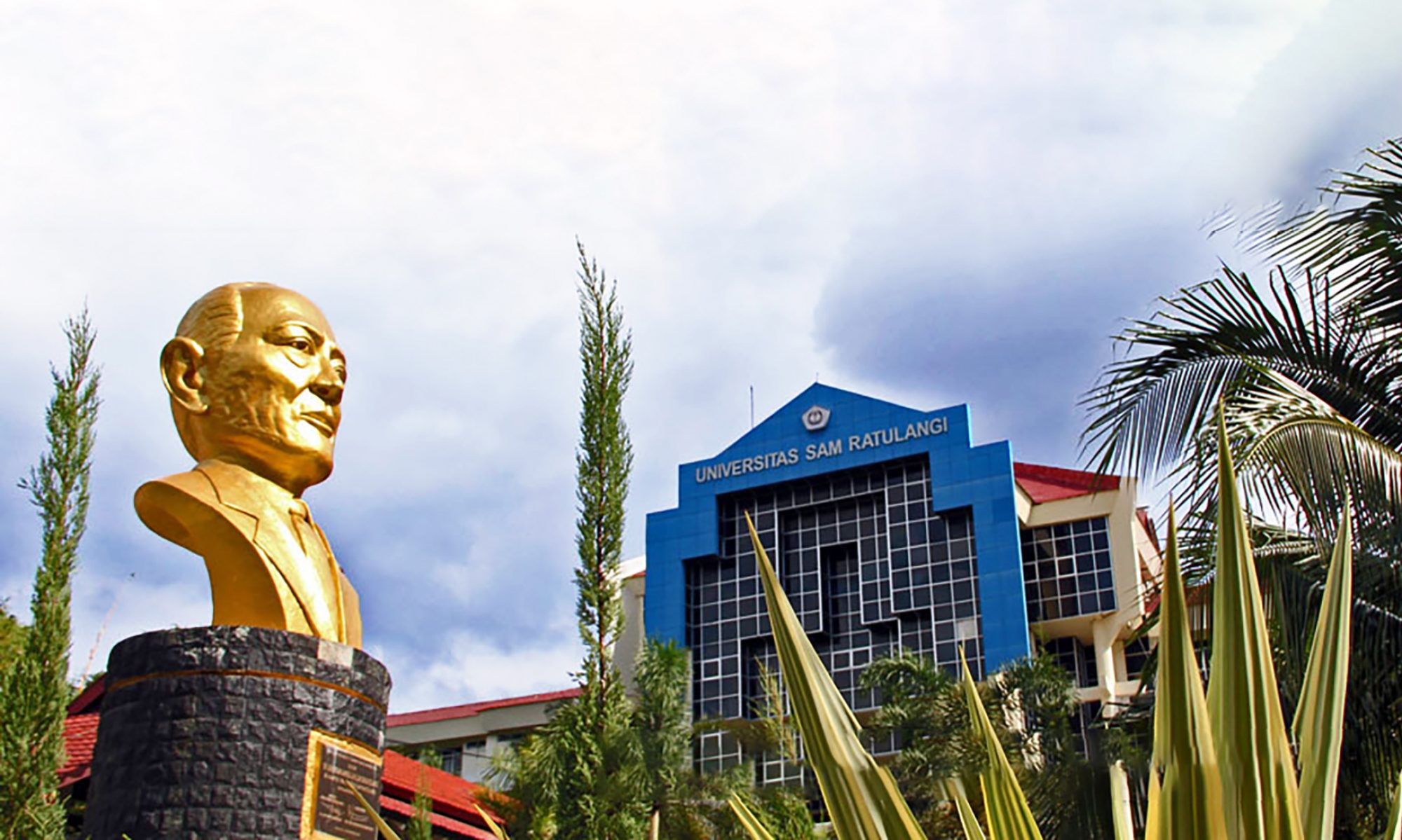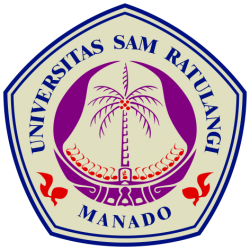Each course includes 16 meetings (contact time) and meetings comprise lectures, seminars, practical work, and field excursion. Some courses will be given in block courses, especially those from foreign lectures. As the study program focuses on organismal biology and ecosystem in order to better understand functionality of coral reefs and adjacent ecosystems as the base for understanding threats, how to conserve coral reef and use them in a sustainable way, the courses are designed as follows:
Semester 1 (August – December):
- Tropical Marine Biology (IPA-5106; 3 credits). Course content: anatomy, functional morphology, reproduction, phylogeny and evaluation, also including small excursion.
- Tropical Marine Biodiversity and Ecology (IPA-5105; 3 credits). Course content: genetic diversity, species diversity, community and ecosystem diversity, threats to marine diversity, global climate changes, fishing and other exploitation, species introduction/invasive, also including small/daily based excursion in the surrounding area.
- Oceanography (IPA-5108; 3 credits). Course content: plate tectonics, abiotic factors, tides and tidal currents, Indonesian throughflow, water masses.
- Research Methods (IPA-5107; 3 credits). Course content: experimental design, parametric and non-parametric analyses.
- Community Service 1 (IPA-5047; 0 credit). Students have to participate in a program organized by Aquatic Science Study Program on a regular basis (at least once every semester).
Semester 2 (February – June):
- Scientific Writing and Presentation (IPA-5213; 3 credits). Course content: scientific writing and presentation (how to communicate the ideas through writing and public speaking in seminar).
- Coral Reef Management/Marine Resources Management (IPA-5214; 4 credits). Course content: coral reef ecosystem, conservation, management of marine protected areas.
- Marine Pollution and Health of Marine Fish (IPA-5215; 3 credits). Course content: ecosystem health assessment, land-based pollution, ecotoxicology, species indicators.
- Tropical Mariculture (IPA-5216; 3 credits). Course content: Southeast Asia mariculture practices, sustainable mariculture, fish disease.
- Coastal Indigenous Resilience (IPA-5218; 3 credits). Course content: the practice of traditional wisdom in better managing the ecosystem.
- Community Service 2 (IPA-5058; 0 credit). Students have to participate in a program organized by Aquatic Science Study Program on a regular basis (at least once every semester).
Semester 3 (August – December):
- Advanced Special Course (IPA-5319; 3 credits). Course content: a comprehensive two-week study in Marine Station in Likupang (in North Minahasa Regency) or in Bunaken Island based on courses 1 and 2 (in the first semester), small projects; can also include a diving course (for those who are going to do underwater research).
- Comparative Study (IPA-5320; 3 credits). Course content: comprehensive field study in a place of interest (particularly research station) outside Manado (for example Bali or Lombok).
- Literature Review (IPA-5359; 3 credits). Course content: will be based on individual interest for the final project (thesis).
Semester 4 (February – June):
- Scientific Publication (IPA-5063; 1 credit)
- Practical Research Education/Thesis (IPA-5465; 6 credits).
[Background] – [Profile of the Institution] – [Objectives] – [Program] – [Expected Outcomes] – [Prerequisite Students to apply] – [Courses] – [Fees] – [Facilities]
[metaslider id=1200]

